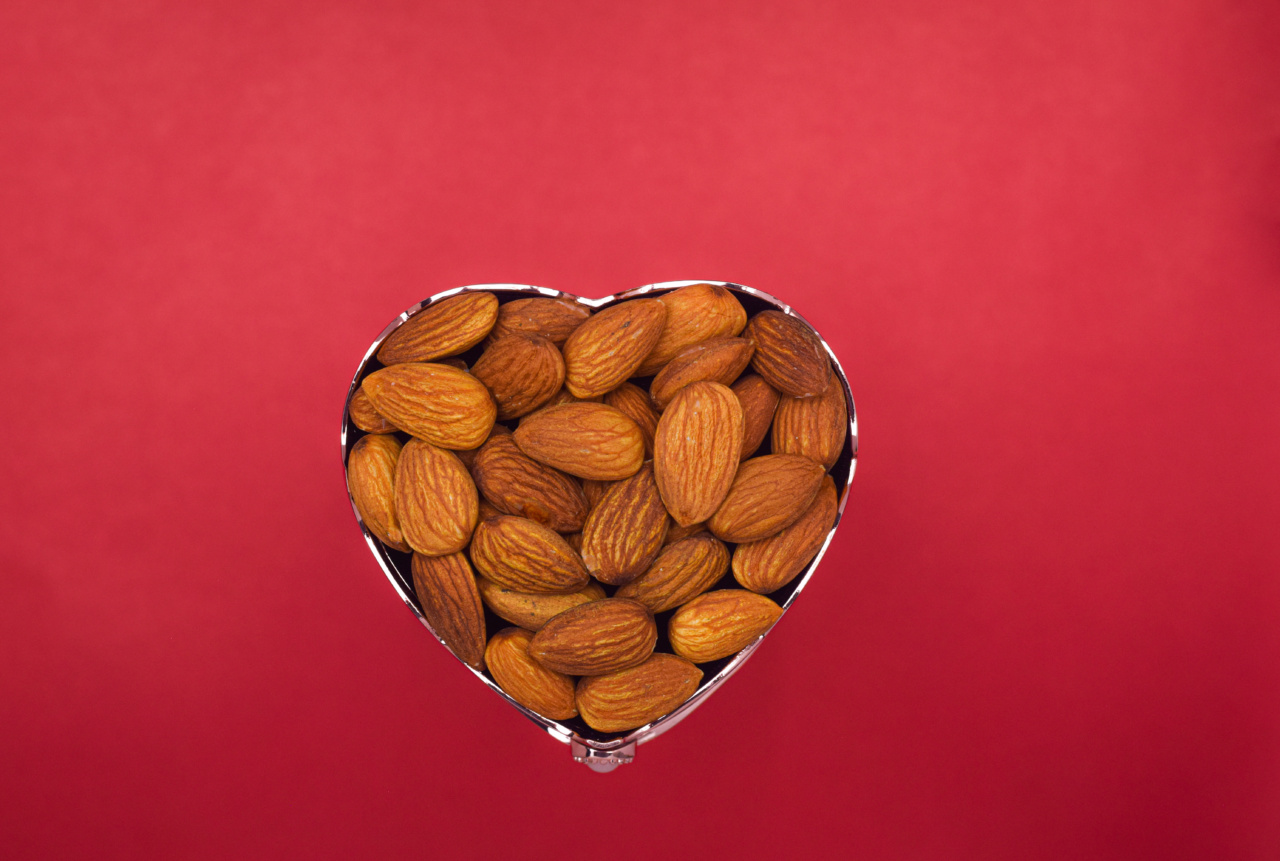Heart attacks, also known as myocardial infarctions, are one of the leading causes of death throughout the world. Most heart attacks occur due to a blockage in the arteries that supply blood to the heart muscle.
Several factors can increase the risk of heart attack, including high blood pressure, high cholesterol levels, smoking, obesity, and a family history of heart disease.
Time of day
Studies have shown that heart attacks are more likely to occur in the morning, with the peak time being between 6:00 am and noon.
This is because the body’s natural circadian rhythm, or internal clock, affects blood pressure, heart rate, and other cardiovascular functions. In the morning, the body releases more stress hormones like adrenaline and cortisol, which can cause the heart to work harder and increase the risk of a heart attack.
Seasons
The time of year can also play a role in heart attacks. Winter months have been associated with a higher incidence of heart attacks, possibly due to the cold weather constricting blood vessels and increasing blood pressure.
Flu season, which typically occurs during winter months, can also increase the risk of a heart attack due to an increase in inflammation and stress on the body.
Days of the week
Some studies have suggested that heart attacks are more likely to occur on Mondays, possibly due to the stress and anxiety of starting a new work week after a weekend off.
However, other studies have not found a significant difference in heart attack occurrence between the days of the week.
Stress and emotional triggers
Stressful events, such as a death in the family, financial difficulties, or relationship troubles, can increase the risk of a heart attack.
Emotional triggers, such as anger, fear, or anxiety, have also been associated with a higher incidence of heart attacks. This is because these emotions can cause the body to release hormones like adrenaline, which can cause the heart to work harder.
Physical activity
Physical activity can be both a risk factor and a preventative measure for heart attacks.
People who engage in regular physical activity are less likely to experience a heart attack, while sudden bursts of intense activity, such as shoveling snow or exerting oneself during sex, can increase the risk of a heart attack.
Age and gender
Heart attacks can occur at any age, but the risk increases with age. Men are more likely than women to experience a heart attack, especially before the age of 65.
However, women who are postmenopausal have a higher risk of heart disease and heart attacks.
Other risk factors
In addition to the factors mentioned above, several other risk factors can increase the likelihood of a heart attack. These include:.
- Family history of heart disease
- High blood pressure
- High cholesterol levels
- Smoking
- Diabetes
- Obesity
- Lack of physical activity
- Unhealthy diet
- Stress and anxiety
Conclusion
While heart attacks can occur at any time, several factors can increase the risk of an attack. Heart attacks are more likely to occur in the morning, during the winter months, and after stress or emotional triggers.
Regular physical activity and a healthy lifestyle can help reduce the risk of a heart attack, along with medication and other treatments prescribed by a doctor.




























